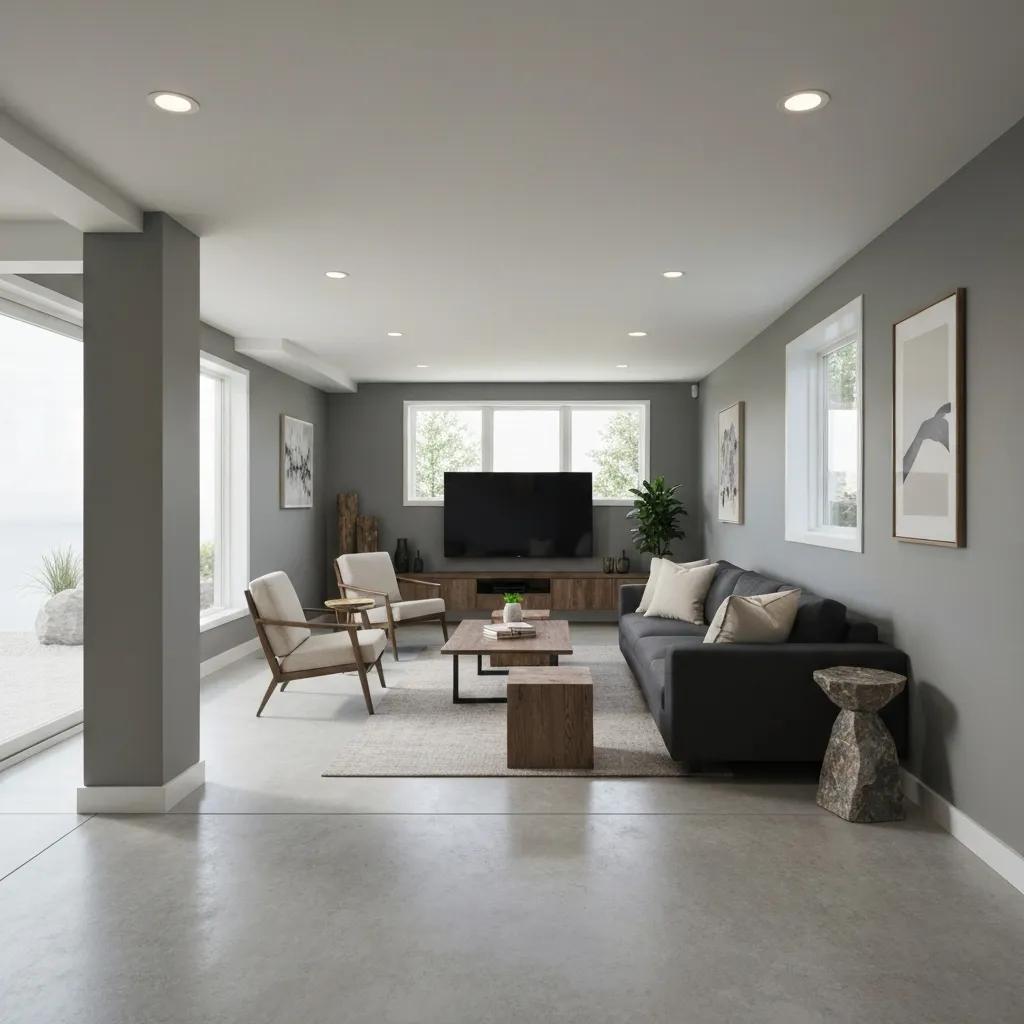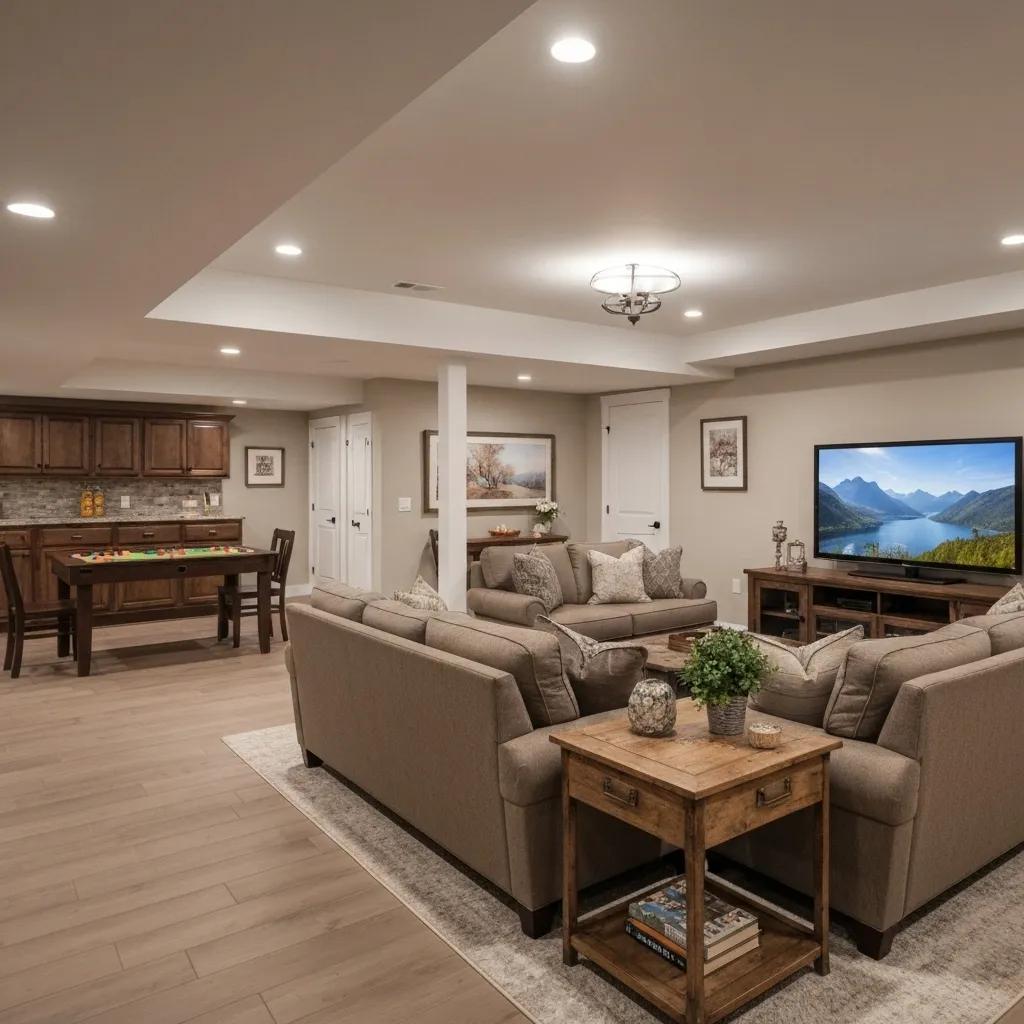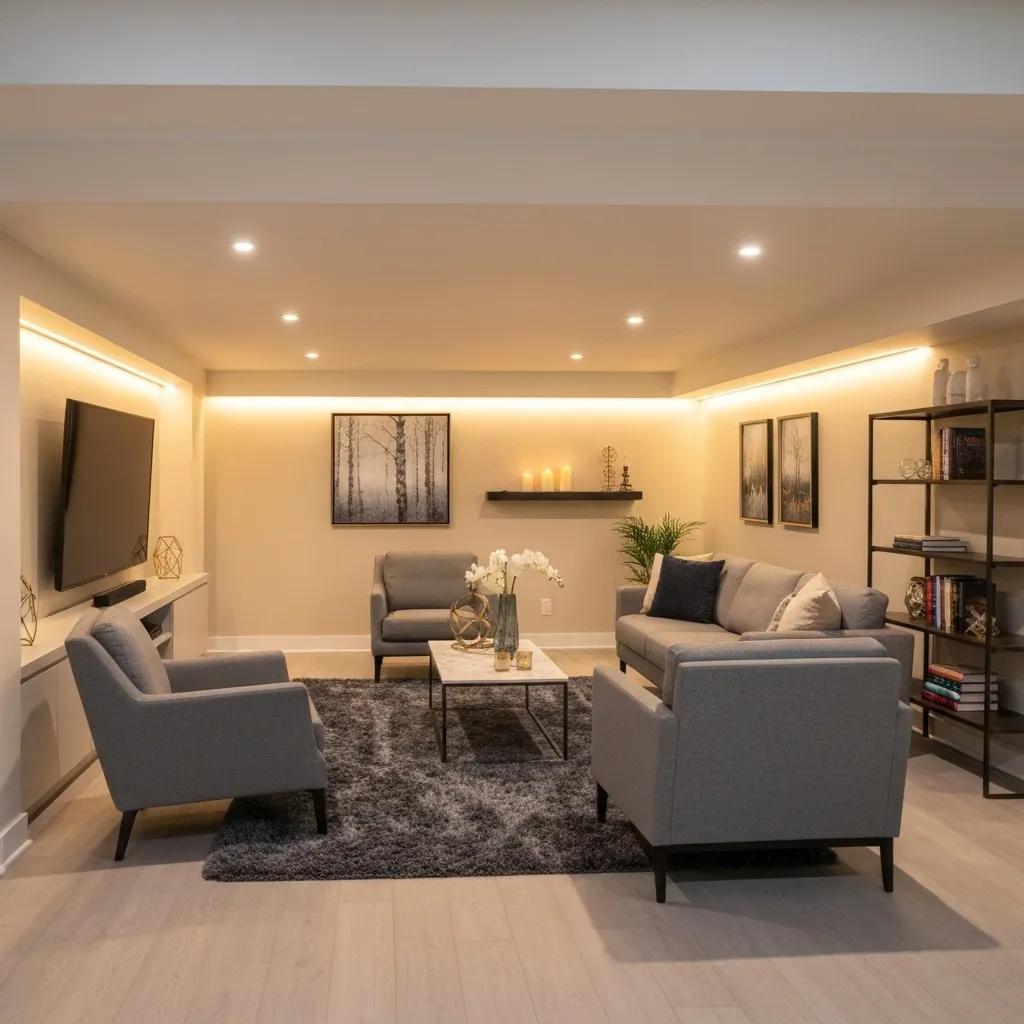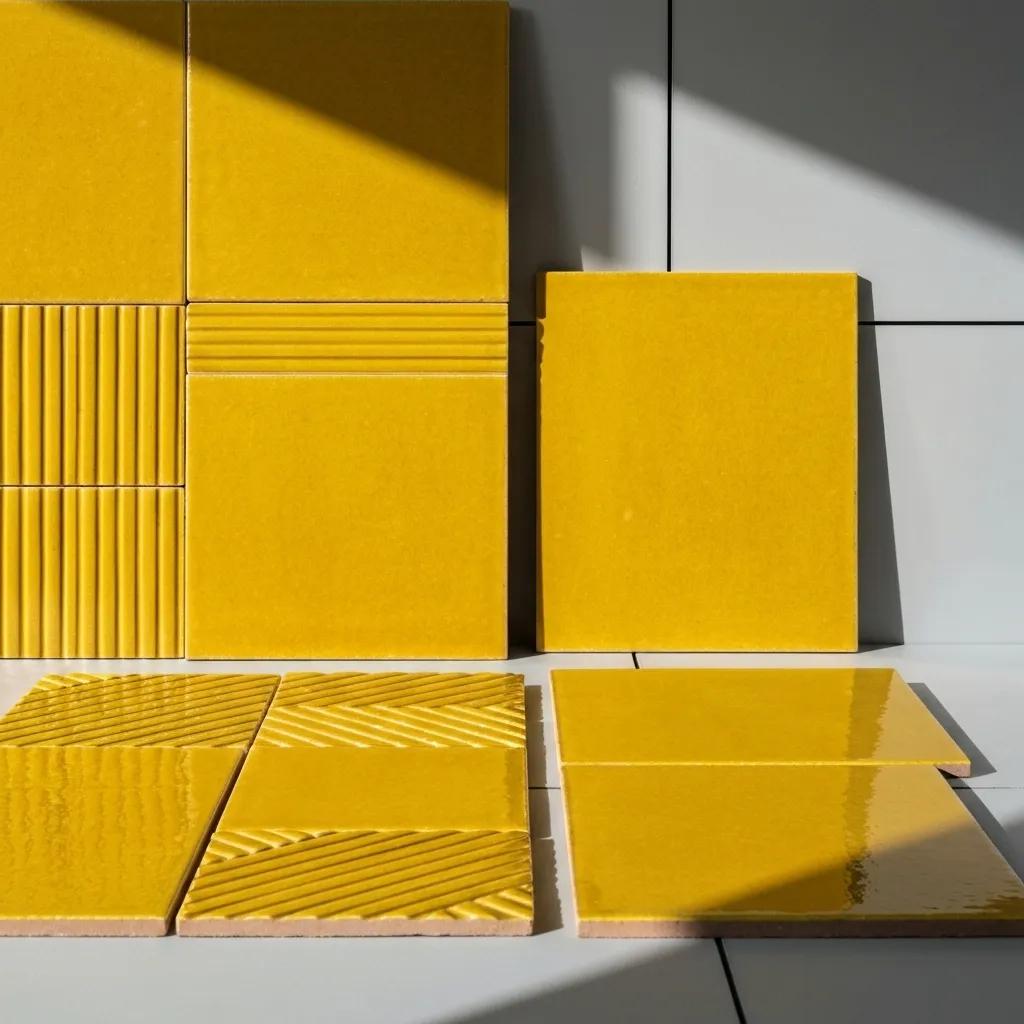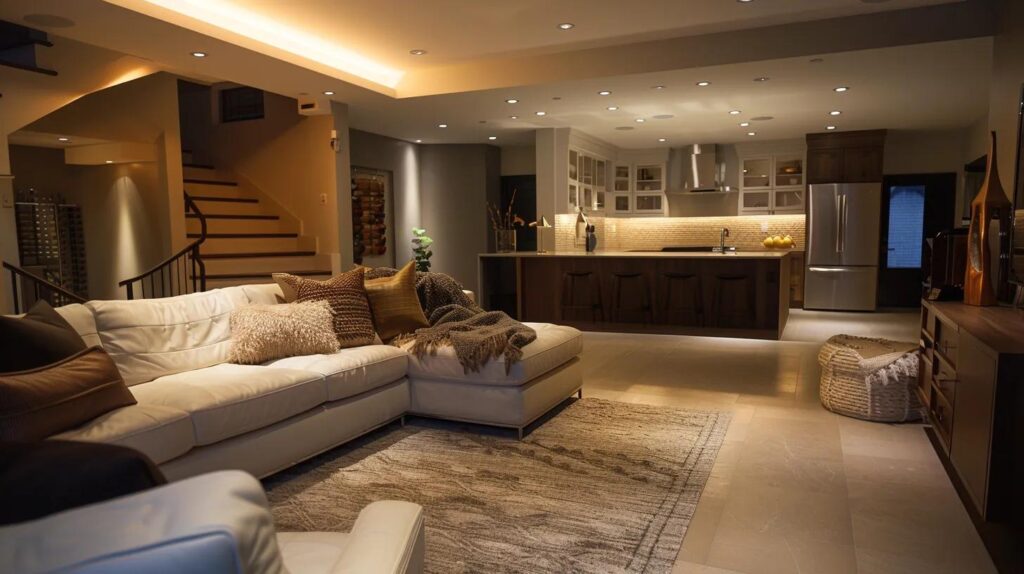
Key Takeaways
- Basement moisture issues, poor insulation, building code oversights, planning errors, and DIY mistakes can severely impact finishing projects.
- Proper waterproofing, professional planning, and adherence to building codes are essential for a successful basement remodel.
- Homeowners who invest in experts and quality materials can improve energy efficiency, increase safety, and add long-term value to their properties.
What Are the Most Common Moisture Problems in Des Moines Basements?
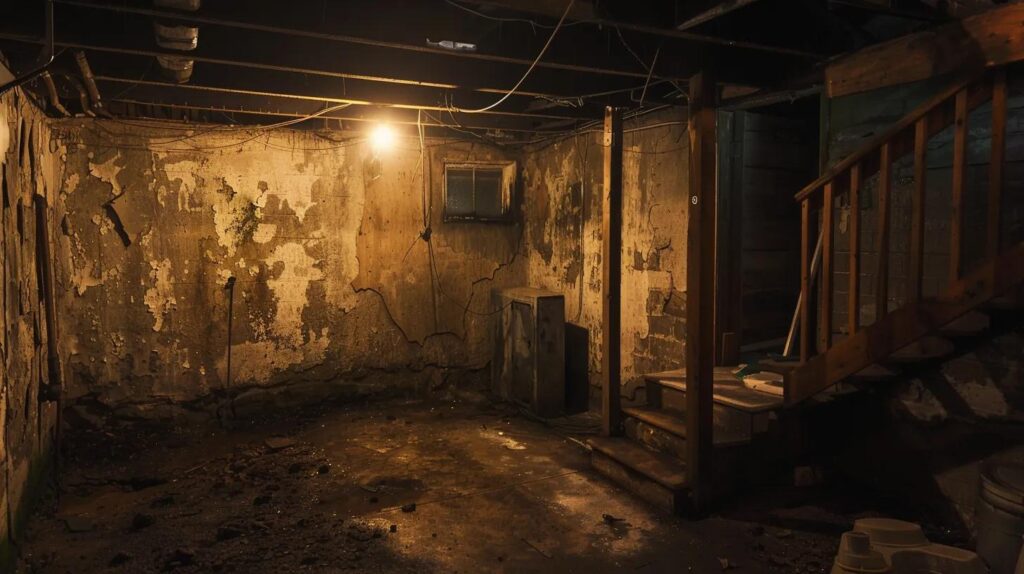
Moisture is the primary challenge for Des Moines homeowners finishing basements. In fact, applying basement finishing des moines techniques can help mitigate excess moisture, which can cause mold growth, musty odors, and structural damage, ultimately undermining the remodel’s durability.
How Does Moisture Affect Basement Finishing Projects?
Moisture damages wall finishes, flooring, and electrical installations. It accelerates mold proliferation and material decay, leading to warped flooring, peeling paint, and the need for constant maintenance.
What Are the Causes of Moisture Issues in Des Moines Basements?
High water tables, poor drainage, and condensation from temperature fluctuations are the main causes. In Des Moines, moisture-retaining soil, improper grading, and inadequate waterproofing worsen condensation on basement walls and ceilings.
How Can Homeowners Prevent Moisture and Mold in Finished Basements?
Regular inspections, proper ventilation, and the installation of vapor barriers and dehumidifiers are vital, especially for basement finishing des moines projects. Investing in moisture-resistant insulation and checking sump pumps routinely also help prevent water accumulation.
What Waterproofing and Drainage Solutions Are Effective in Des Moines?
Cementitious waterproof coatings, interior drainage channels, and exterior French drains effectively reduce water seepage by redirecting water away from the foundation, ensuring long-term moisture control.
Why Is Proper Insulation Essential for Des Moines Basement Finishing?
Proper insulation boosts energy efficiency and comfort in a finished basement. Without it, heat loss and cooling inefficiencies can lead to high energy bills and an uncomfortable living area.
What Types of Insulation Work Best for Basements in Des Moines?
Common choices include closed-cell spray foam, rigid foam boards, and fiberglass batts. Closed-cell spray foam is favored for its dual role as insulation and moisture barrier, while foam boards and fiberglass batts provide cost-effective alternatives for various areas.
How Does Poor Insulation Impact Energy Efficiency and Comfort?
Inadequate insulation leads to rapid heat loss in winter and overheating in summer, stressing HVAC systems and creating cold spots, drafts, and inconsistent temperatures, which overall diminish comfort.
What Are Best Practices for Installing Basement Insulation?
Before insulation, existing moisture issues must be addressed by fixing leaks and applying waterproofing measures. Professionals advise installing a vapor barrier on walls and floors and then adding high-quality insulation, ensuring all gaps are air-sealed to prevent condensation.
How Do Building Codes Affect Basement Finishing in Des Moines?
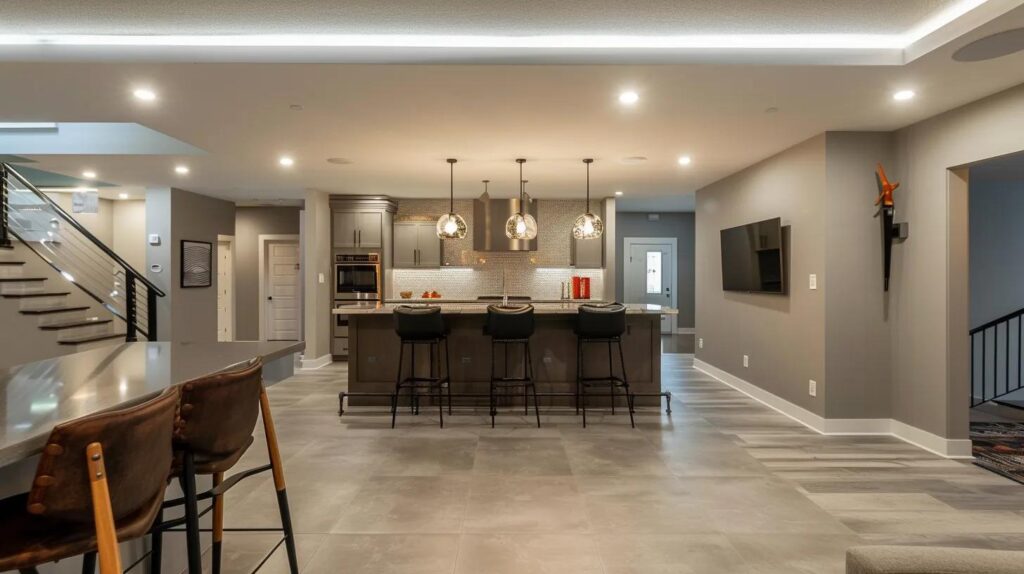
Building codes ensure that basement remodels meet safety and durability standards by preventing structural deficiencies and hazards.
What Are the Key Des Moines and Iowa Building Code Requirements for Basements?
Local codes typically require proper egress windows, moisture-resistant materials, and specific ceiling heights. Iowa codes further demand adequate ventilation, fire-resistant construction near utilities, and seismic stability.
How Can Ignoring Building Codes Lead to Costly Mistakes?
Noncompliance can result in fines, delayed projects, and even demolition of work that does not meet standards. This oversight often forces extensive rework, inflating both time and budget while compromising safety.
How Do Homeowners Ensure Their Basement Finishing Meets Local Codes?
Working with licensed contractors, securing necessary permits, and regular consultations with building inspectors or a consultant help ensure each remodeling phase complies with local regulations.
What Planning and Design Mistakes Should Des Moines Homeowners Avoid?
Poor planning and design can lead to underused space and increased costs. A well-thought-out plan is essential for achieving a functional and attractive basement finish.
How Does Poor Layout Affect Basement Functionality and Value?
A cramped layout limits use and can reduce the home’s market value. Inefficient space planning often results in areas that cannot be effectively converted into practical rooms such as offices or recreation areas.
What Are Costly Planning Errors in Basement Finishing Projects?
Common mistakes include underestimating material costs, overlooking moisture and insulation issues, and failing to design sufficient egress routes. Inadequate planning for lighting and electrical needs may also drive up long-term costs.
How Can Homeowners Create Effective Basement Designs?
Collaborating with professional designers and contractors early in the process can help optimize floor plans. A detailed layout incorporating proper lighting, storage, and functional zoning maximizes space utilization and overall design success.
What Are the Most Common DIY Basement Finishing Mistakes in Des Moines?
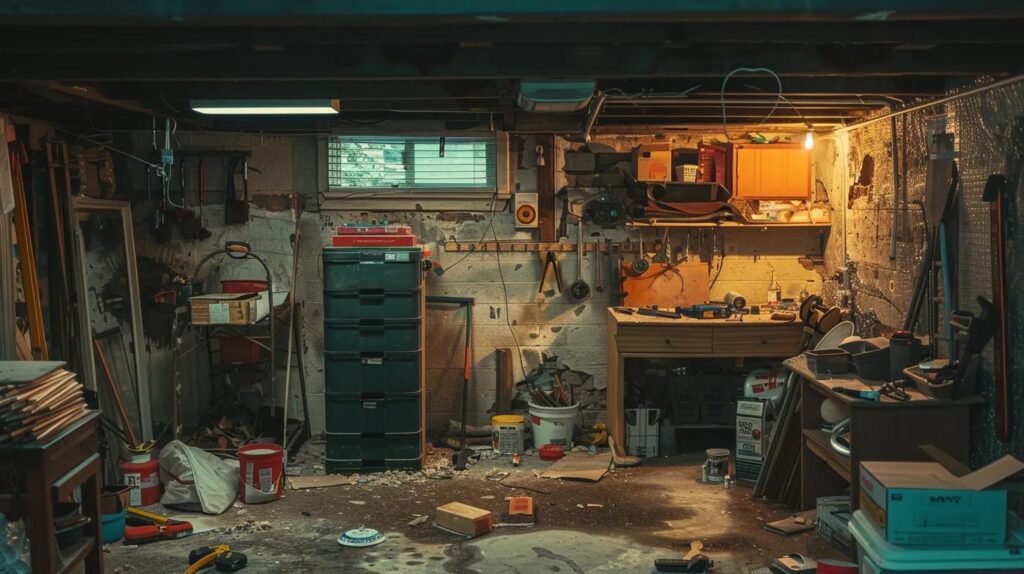
DIY basement projects often appear cost-effective but can lead to mistakes that escalate expenses over time. Amateur approaches may result in critical oversights that professional work would have prevented.
Why Do DIY Basement Projects Often Fail?
Without professional expertise, DIY projects risk improper moisture management, inadequate insulation, and code violations. Overlooking details like drainage systems or vapor barrier installation can result in recurring issues and higher repair costs.
When Should Homeowners Hire Professional Basement Finishing Contractors?
Licensed professionals should be engaged when projects demand complex wiring, plumbing, or structural changes. Their expertise is crucial when dealing with serious moisture issues or when specialized insulation is required for safety and efficiency.
How Can DIYers Avoid Mistakes and Ensure Quality Results?
DIY enthusiasts should invest time in research, attend home improvement workshops, and consult experts. Using quality materials, strictly following building codes, and outsourcing key tasks like waterproofing can significantly reduce risks while keeping the project on track.
How Much Does It Cost to Finish a Basement in Des Moines?
Basement finishing costs in Des Moines vary based on factors like moisture control, insulation, design complexity, and material quality. Homeowners must anticipate both planned and unexpected expenses throughout the project.
What Factors Influence Basement Finishing Costs in Des Moines?
Expenses can vary widely due to the extent of moisture repair, choice of insulation, labor rates, and design decisions. Additional features such as
typically raise overall costs.
How Can Homeowners Budget Effectively for Basement Finishing?
A detailed estimate should include a 10-15% contingency fund. Obtaining multiple bids and exploring financing options such as home improvement loans can help manage costs. Homeowners are advised to compare expenses using a detailed budget table:
| Cost Factor | Estimated Cost Range | Notes |
|---|---|---|
| Waterproofing & Drainage | $1,000 – $3,000 | Depends on moisture issue severity |
| Insulation & Vapor Barrier | $500 – $2,000 | Varies with chosen materials |
| Finishing Materials | $2,000 – $8,000 | Includes flooring, paint, and fixtures |
| Labor | $3,000 – $10,000 | Based on contractor rates and project scope |
This table helps clarify typical cost drivers and supports effective budgeting decisions.
What Are the Best Basement Finishing Practices to Avoid Common Mistakes?
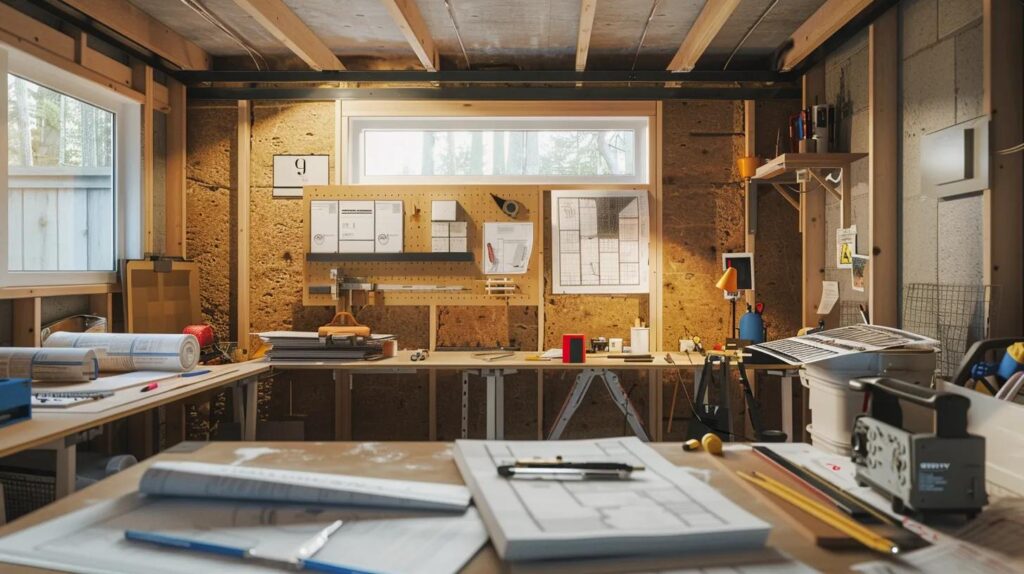
Adopting best practices ensures a durable, high-quality basement finish by maintaining moisture control, using appropriate insulation, and abiding by building codes.
How Can Homeowners Maintain Moisture Control and Insulation Over Time?
Regular maintenance such as checking sump pumps and dehumidifiers, along with periodic insulation inspections, helps maintain a dry and energy-efficient basement.
What Are the Benefits of Following Building Codes and Professional Planning?
Adherence to building codes minimizes legal risks and enhances property value. Professional planning contributes to a functional layout that meets both aesthetic and safety standards, supporting long-term resale value.
How Does Hiring Experts Improve Basement Finishing Outcomes?
Experts ensure accurate waterproofing and insulation installation while strictly complying with local codes. Their experience lowers the risk of costly errors and results in a durable, attractive finished space.
Final Thoughts
Des Moines homeowners must address basement moisture, insulation, regulatory requirements, and design challenges to create safe, attractive, and energy-efficient spaces. Avoiding DIY pitfalls by consulting with professionals, coupled with comprehensive planning and budgeting, can transform a basement into a valuable part of the home. With careful design and quality materials, a beautifully finished basement is well within reach.
Frequently Asked Questions
Q: How do moisture problems typically affect basement finishes? A: Excess moisture leads to mold, material decay, and structural damage, increasing maintenance needs and potential health risks.
Q: What insulation methods are best for basements in colder climates like Des Moines? A: Closed-cell spray foam and rigid foam boards are preferred as they provide both insulation and moisture protection.
Q: Why is it important to adhere to building codes during basement remodeling? A: Building codes ensure safety, structural integrity, and legal compliance, reducing the risk of hazardous or costly rework. remodeling
Q: When should a homeowner consider hiring a professional instead of a DIY approach? A: Professionals are recommended for projects involving complex waterproofing, insulation, and structural modifications to ensure long-term success.
Q: How can effective maintenance reduce the overall costs of basement finishing? A: Regular inspections and upkeep of moisture control systems and insulation help prevent damage and extend the life of the finished space.


